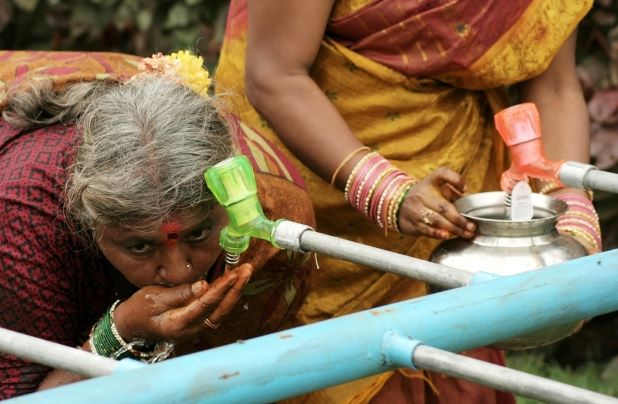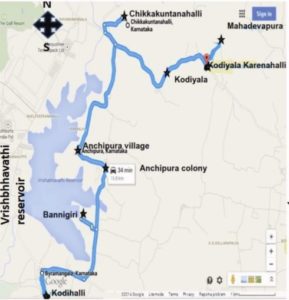

Bengaluru, wearing the crown as the fastest growing metropolitan city in India, is struggling to cope with increasing scarcity of drinking and potable water, made worse by the city’s antiquated plumbing.
A study called “Drinking water contamination from peri-urban Bengaluru” by Indian researchers- G. Sheeba, Anjaneyulu Jalagam, and Padma Venkatasubramanian found that the reservoir waters from where Bengaluru households get water supplies are diseased and unfit to drink.
Consider the Byramangala Reservoir, a key source for the city to meet its drinking water needs. The study has exposed severe pollution and deterioration of groundwater quality.


An earlier in-depth inventory of the city’s lakes by the Indian government found that 85% had water that could only be used for irrigation and industrial cooling. Not a single lake had suitable water for drinking or bathing.
Bengaluru has also featured in the BBC’s 2017 list of 21 cities which are at the risk of losing groundwater due to over exploitation. Despite Karnataka being the fourth best state for water resource management among non-Himalayan states, Bengaluru seems destined to suffer as it struggles to accomodate its needs.
In a significant move toward advancing green energy and industrial growth in the state, Himachal…
Golabl chemical conglomerate BASF has announced that its now offering the world’s first biomass-balanced polyethersulfone…
In a crucial stint to bolster the biogas sector and sustainable dairying in the country,…
TotalEnergies SE has received approval to proceed with its Middlebrook solar and battery project in…
Andhra Pradesh Chief Minister Chandrababu Naidu has inaugurated the Rs 1,000-crore green hydrogen plant of…
The BITS Pilani has developed an innovative solution for managing landfill leachate, domestic septage, and…